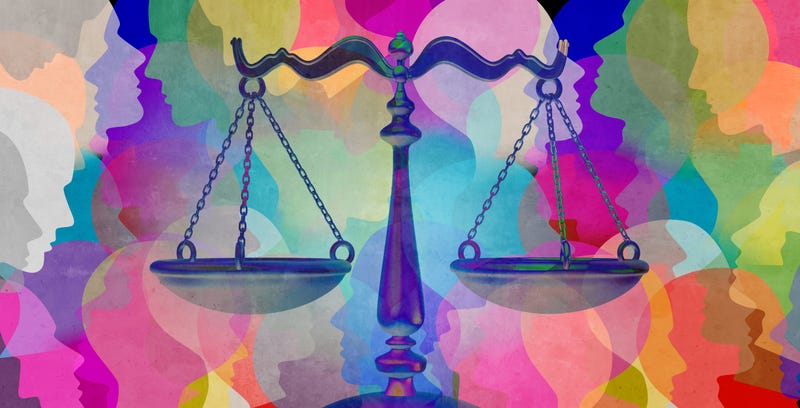
CHICAGO (WBBM NEWSRADIO) -- Organizers of a program that has helped keep young criminals from becoming repeat offenders in one neighborhood on Chicago's West Side want to expand the program to more areas to help reduce violence in the city.
Those involved said the goal of the program, called Justice Rising: Project 77, is to break the cycle of arrest, incarceration, and recidivism by addressing underlying issues that can lead to negative behavior. Because the cycle ruins young lives, destroys families and harms communities, the expectation is that every successful client will mean improved public safety and quality of life for all.
The program was launched due to the partnership of four non-profits: Breakthrough, in East Garfield Park; BUILD, in Austin; Lawndale Christian Legal Center, in North Lawndale; and New Life Centers, in Little Village.
The partnership will assign free attorneys to clients who have pending cases in the juvenile and adult courts of the Circuit Court of Cook County. Clients will be connected to services for employment, school, trauma counseling, health care, mental health, entrepreneurship, mentoring, housing, spiritual guidance, sports, violence prevention and substance use.
Cliff Nellis, executive director of the Lawndale Christian Legal Center, is part of a program called that has provided alternatives to people 25 and younger in North Lawndale who have committed crimes.
"We take young people who are, they've been pretty heavily involved in the streets, selling drugs, most often at very young ages, and doing other things on the streets, and we connect then to support, mental health, we address some of the things going on in their home, in their family, in their community, on the block. We get them jobs," Nellis said.
Nellis said his goal is to expand the program across the West Side, then the city, and eventually the entire state.
"When young people are given another opportunity, another path forward that doesn't require them to sell drugs on the streets to make ends meet, then that's when they start putting the guns down, that's when they leave the corner and they start pursuing other forms of economic gain that don't lead to their death or incarceration," Nellis said.
He said the expansion could be paid for by diverting money from police and the criminal justice system, which he claims are not nearly as effective as his program in keeping criminals off the streets.

